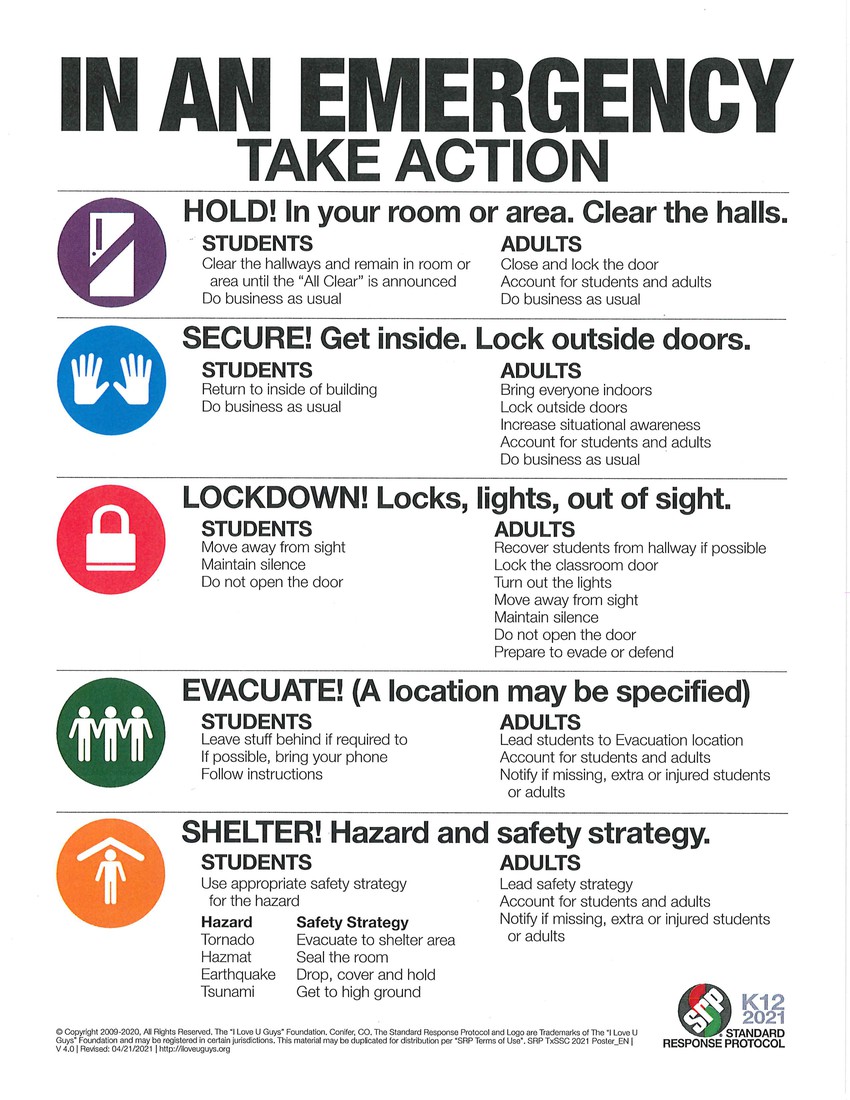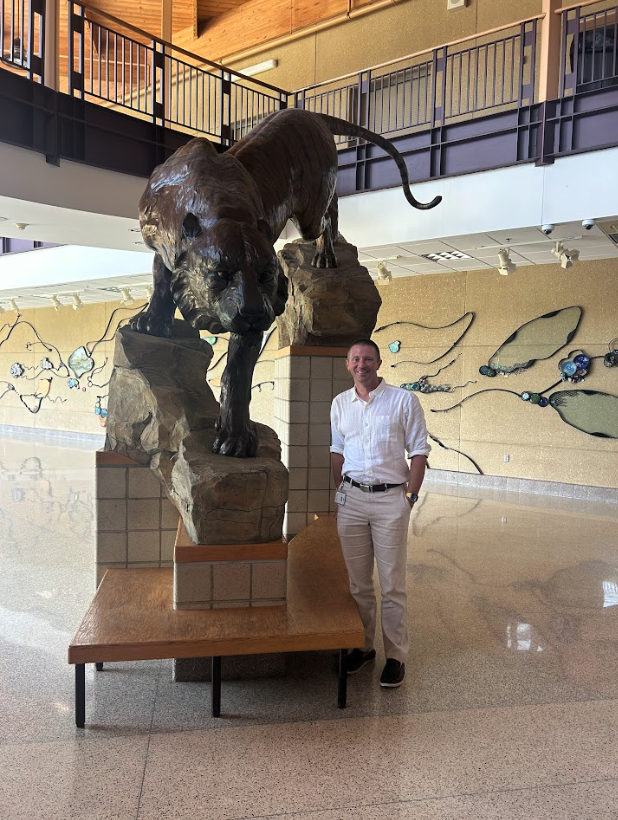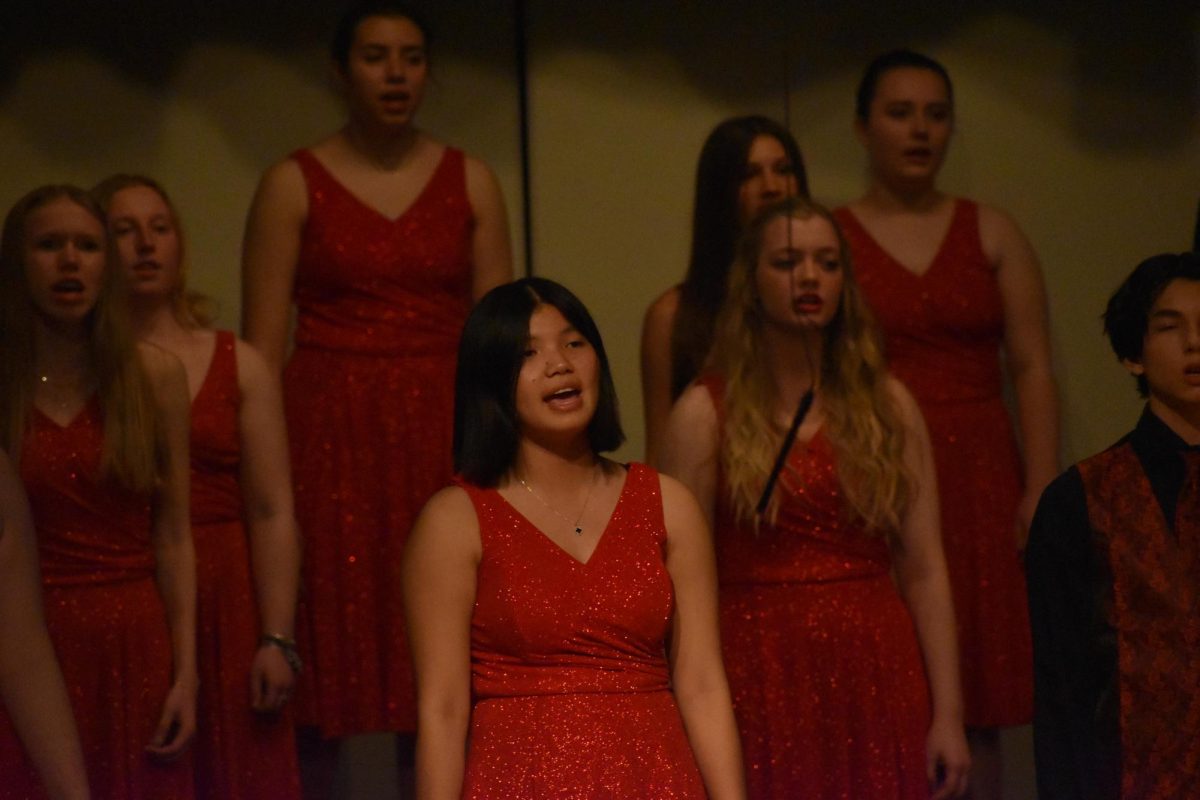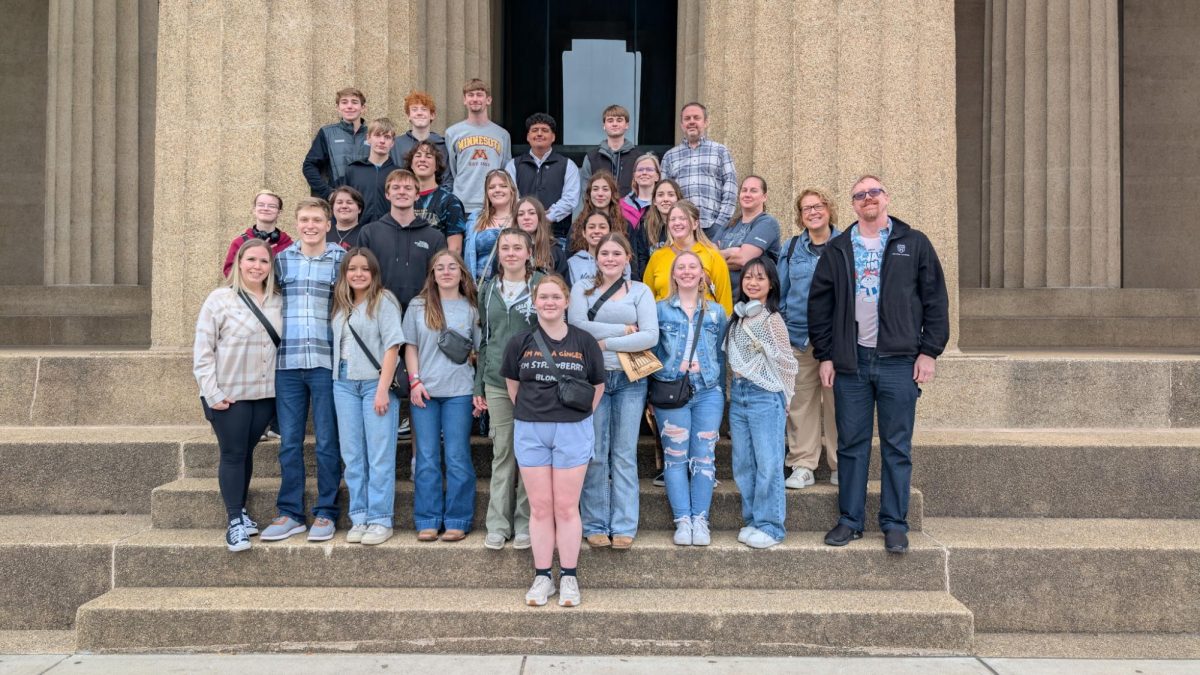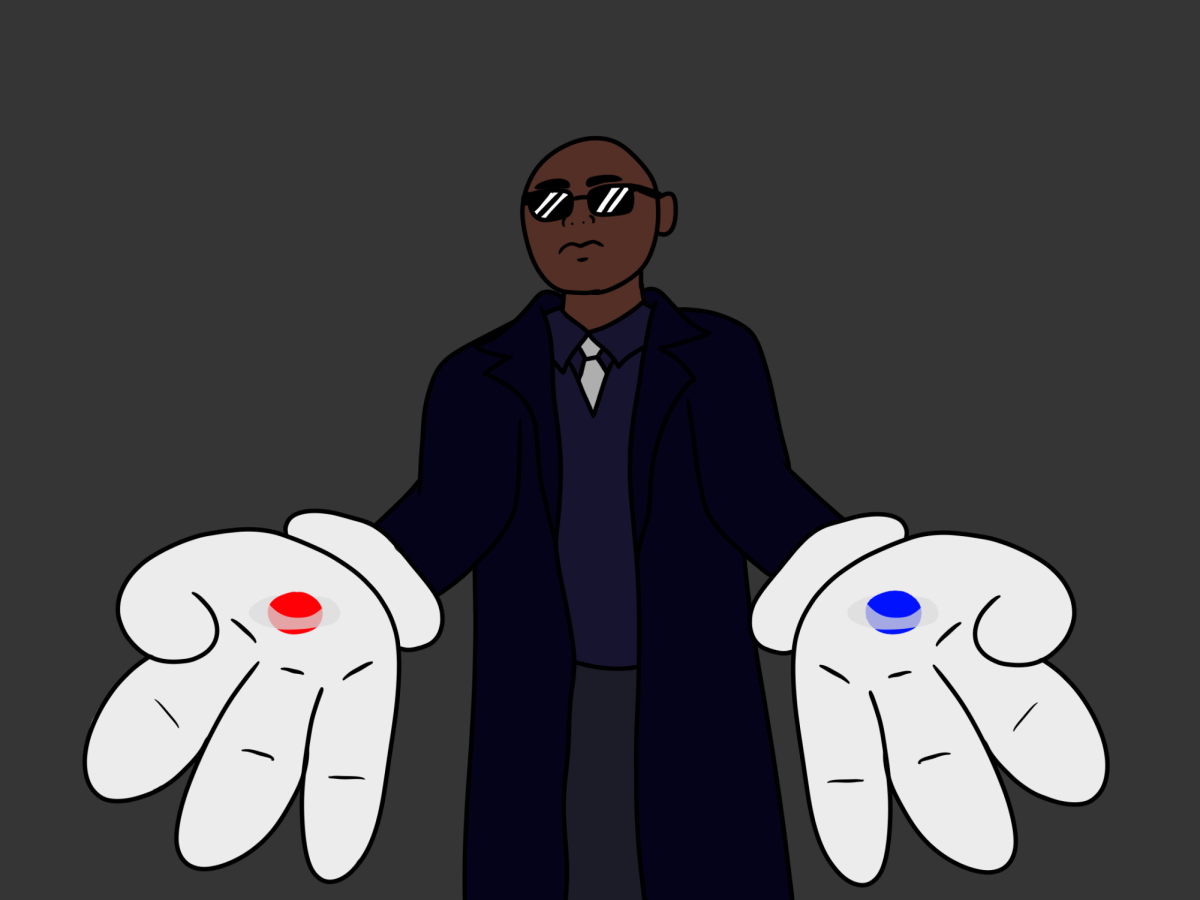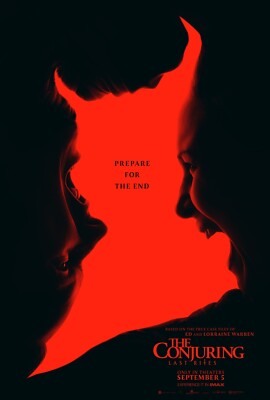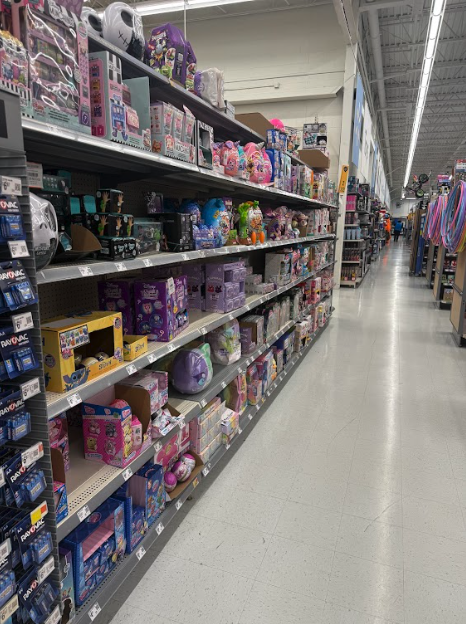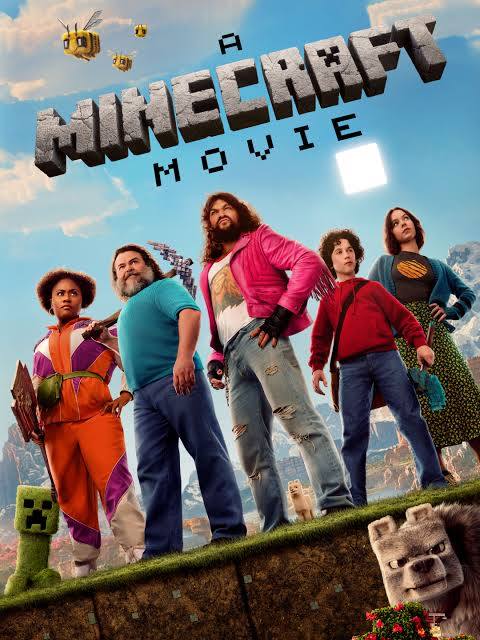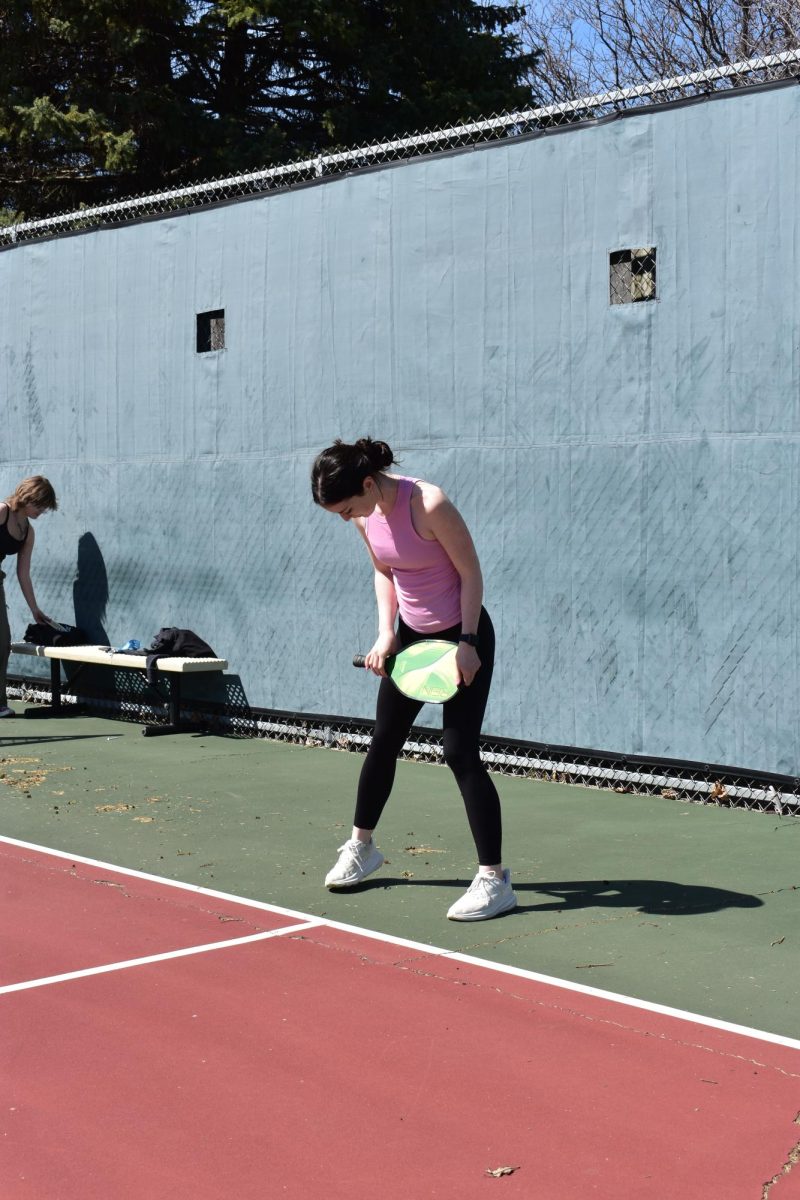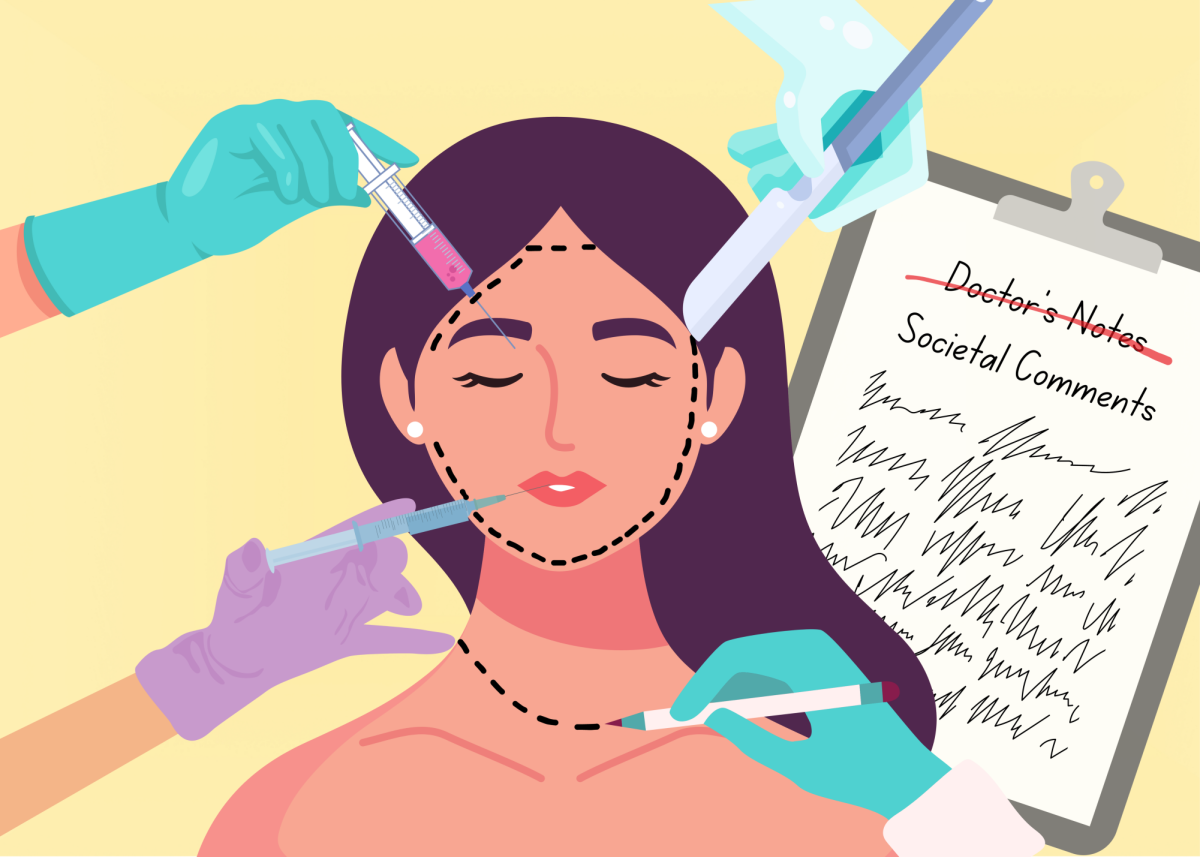Cancel culture has been a prominent trend for as long as social media has been around. It seems like almost every week another person is getting canceled. While taking accountability for both actions and words is important, some of the “canceling” is becoming unnecessary. Cancel culture is withdrawing and trying to steal the fame from someone famous for an act that is offensive and gets spread through different platforms.
Cancelling someone over something that could have been a misunderstanding or something from years ago feels like more of a public display of outrage than trying to get them to grow from their mistakes. This process feels unhelpful because it prioritizes punishment over progress and prevents honest conversation. Most of the canceling comes from old posts resurfacing or something that person did years ago. These things are usually brought to light by people digging for something. People immediately jump on them and don’t allow for a response or for growth. Many have been lucky enough to bounce back from being cancelled. Sabrina Carpenter received backlash over the cover for her upcoming album “Man’s Best Friend” because people felt like she was setting back feminism due to her pose and what the cover depicted, though this didn’t really stick and was quickly brushed over. Others weren’t lucky enough to be able to bounce back from backlash. In 2003, The Dixie Chicks (also known as The Chicks) got a severe setback after their lead singer Natalie Maines criticized George W. Bush’s decision to invade Iraq. This led to their decline in popularity within the country scene with even some boycotting their music. While many also deserve the backlash that they receive for their actions. Many situations are glossed over just because people like that person. Questionable behavior from Mr. Beast has been glossed over due to his other good deeds. While his bad behavior does deserve to be appreciated, it shouldn’t mean that everything should be swept under the rug.
Cancel culture has begun to feel like performative morality which has created a cycle of performative remorse. Some influencers will apologize to save face or even push the blame off of themselves with excuses. The YouTube apology has been so performative to the point where it’s turned into a joke. Apology videos became such a popular joke that Saturday Night Live even made a spoof about it. In 2021, SNL aired a sketch called “Viral Apology Video” featuring actors Daniel Kaluuya and Kyle Mooney. The skit pokes fun at vague apologies, shifting blame, and the “promising to do better” of a classic apology video. Many people think that this skit was specifically poking fun at internet personality David Dobrik and the Vlog Squad due to some parallels between them and the sketch.
Holding people accountable is the correct thing to do. Some of the things that come out about these stars are more than cancelable offenses. Trying to “cancel” people for doing something like a crime shouldn’t be called cancelling. It should just be holding someone accountable and not giving them the attention that they are seeking. Problematic people get even more attention by getting cancelled. If someone is problematic all attention should just be taken from them without making a huge deal of it. Though cancel culture can bring the opportunity for that person to learn from that mistake and grow from it. It allows them to have a conversation about it. If someone wants to truly hold people accountable, they should allow that person to learn and grow. Being cancelled more than once shows that the person has not grown or that they are learning from their mistakes. Usually cancel culture does far more harm than good but at other times it does help hold people accountable. If cancel culture is used correctly it could do more good than it is now.

![“This [photo] is basically the same area,” said science teacher Todd Mikkelsen. “So that [the cover photo] was my photo at dusk. Here it is at night time and there’s something jetting up out of the ground. So it’s the same location, different dates, two different cameras picked up an anomaly in the same region.”](https://www.ahlahasa.com/wp-content/uploads/2025/09/Ghost-Cover-1200x901.png)
